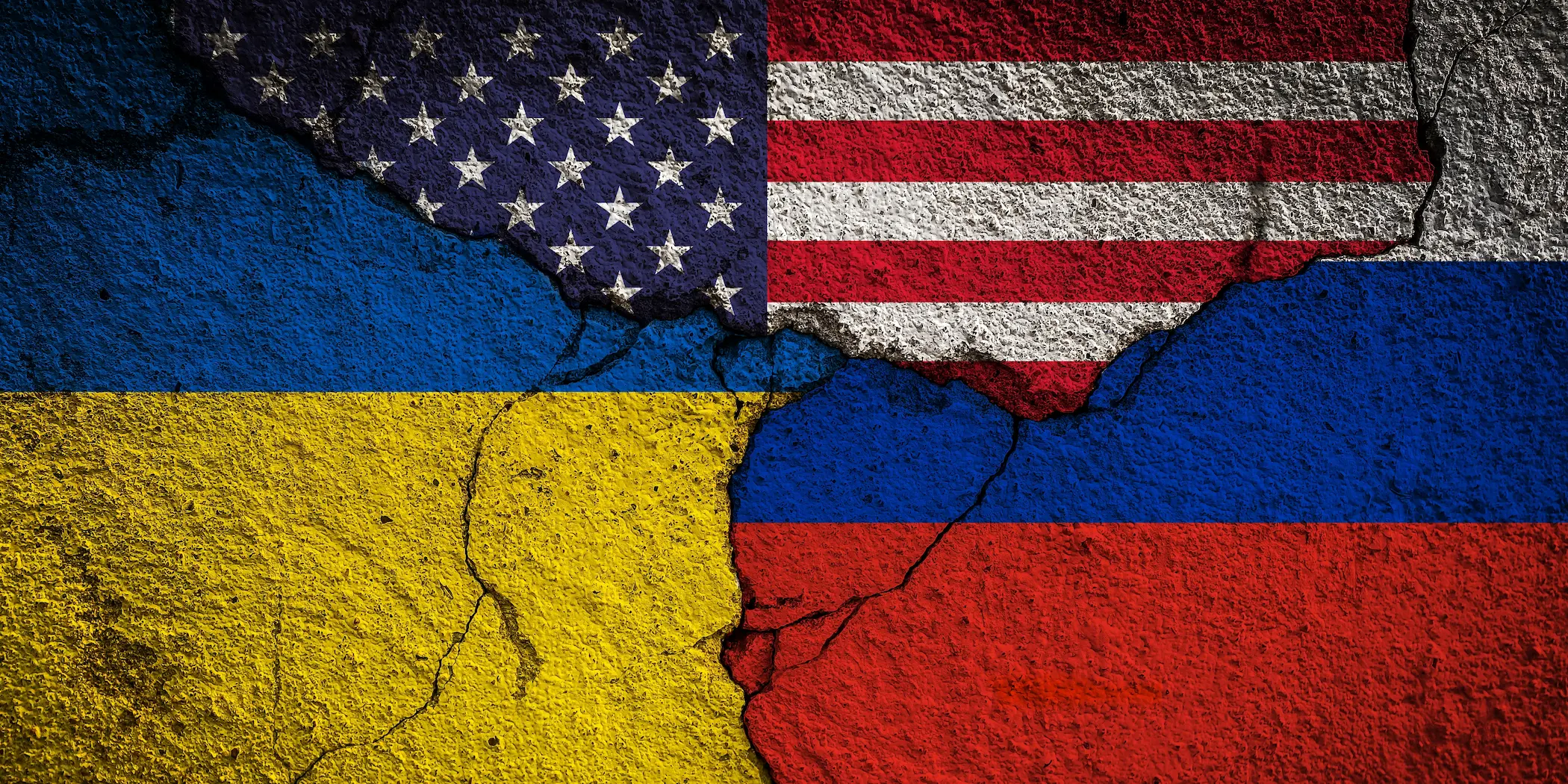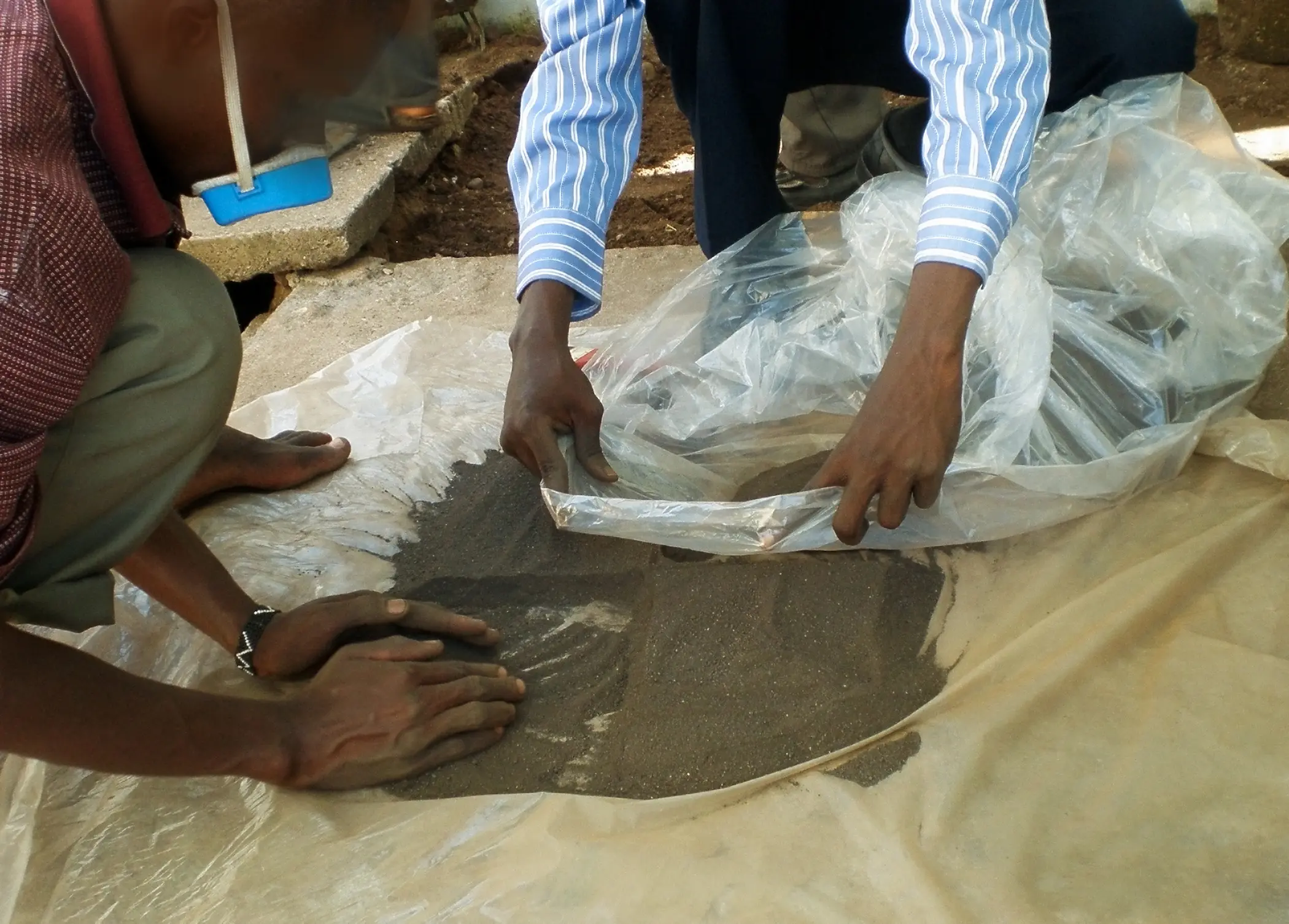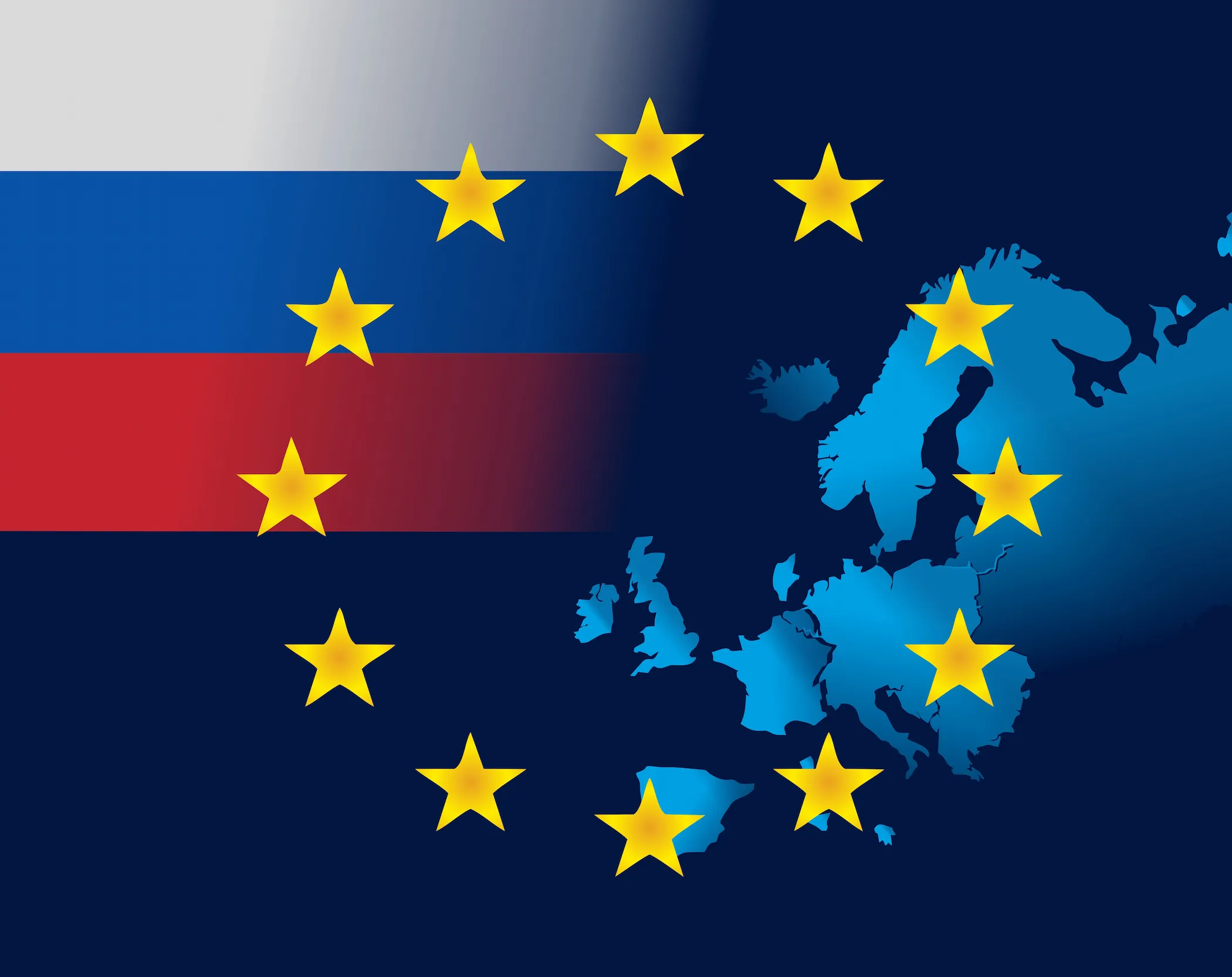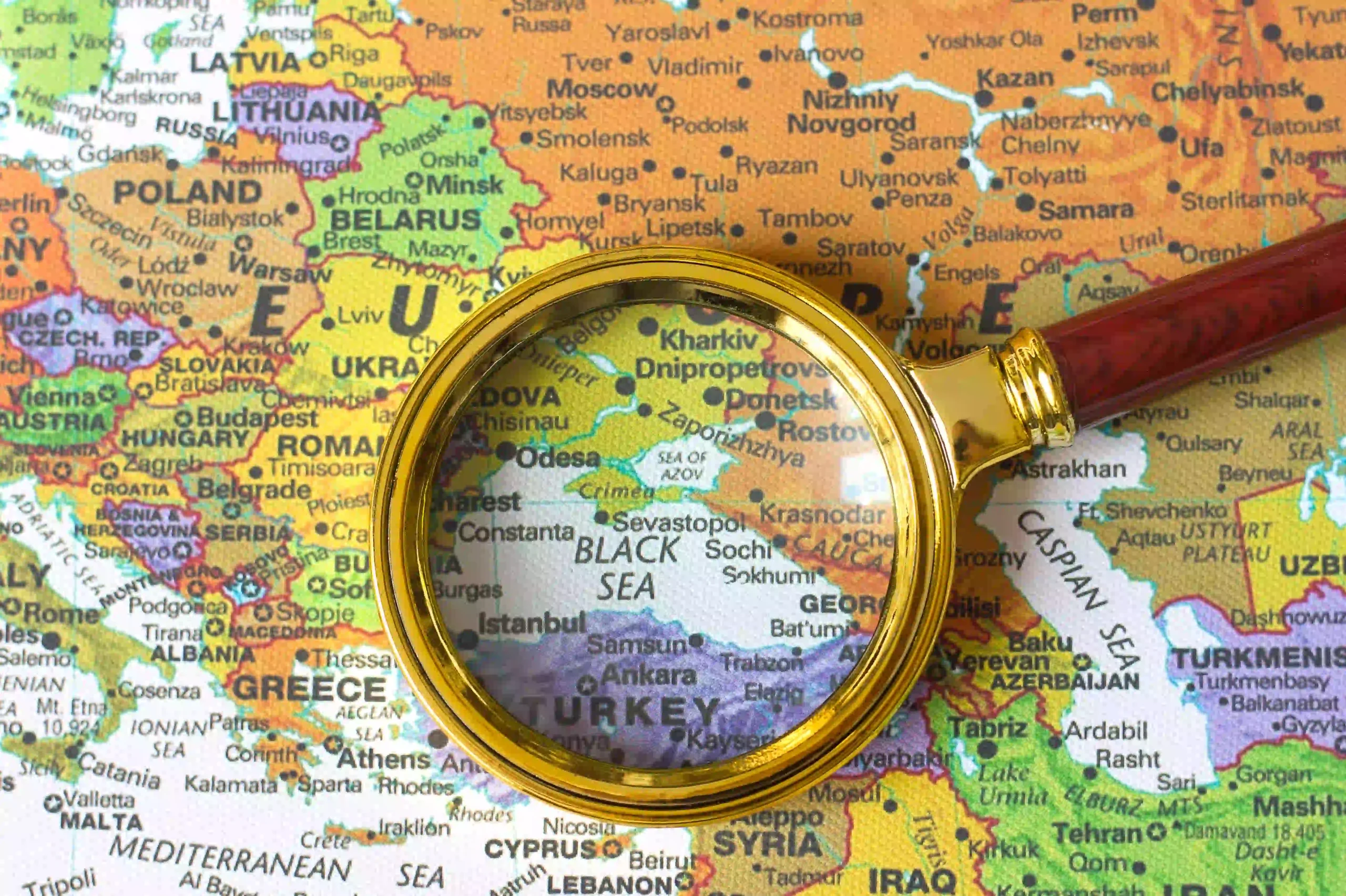June 2022, the European Commission announced granting Ukraine the status of a candidate country to the European Union. Nevertheless, problems concerning Ukraine such as their struggle with their economy and political system, are still on the agenda. Giving the candidacy status to Ukraine has been criticized since Ukraine is still regarded as a weak country and not yet eligible for such a status especially when compared with other European candidates. European accession is granted after an assessment process based on what is known as Copenhagen criteria. European officials have announced that the accession process will be done by the book and merit based. In the same vein, the commission has granted Moldova the same status which is, the same as Ukraine, considered part of Russia’s sphere of influence. Keeping all this in mind, in the light of Russian war in Ukraine, it is a valid question to ask whether Ukraine candidacy is merit based or politicized. Is the fifth enlargement scenario of the accession of incompetent Bulgaria and Romania as a reward for their role in Kosovo war is being repeated with Ukraine? Considering this, the analysis is going to examine why Ukraine was accepted as a candidate. Drawing on European Commission’s reports, it will be discovered which of Copenhagen criteria are fulfilled by Ukraine. Copenhagen Criteria are:
-
- Stability of institutions guaranteeing democracy, the rule of law, human rights and respect for and protection of minorities (Political Criteria)
- A functioning market economy and the ability to cope with competitive pressure and market forces within the EU (Economic Criteria)
- The ability to take on the obligations of membership, including the capacity to effectively implement the rules, standards and policies that make up the body of EU law (the ‘acquis’), and adherence to the aims of political, economic and monetary union.
Political Criteria
The first of the three assessment of Copenhagen criteria is the political one. This assessment is based the criteria of Copenhagen related to the stability of institutions guaranteeing democracy, the rule of law, human rights and respect for and protection of minorities. In this part of the analysis, it will be shown whether Ukrainian democracy evolved from 2021 to 2022 making it eligible for the attainment of the candidate status. To begin with, democracy in Ukraine can be debated. For instance, freedom house index has indicated some deficits in the Ukrainian democratic system giving it an overall score of 39 out of 100 leading to it being categorized as a transitional/ hybrid regime. It is worth noting though that media rating, which is considered among the most important indicators for democracy in a given state, has dropped in 2022 from 3.75 to 3.50 due to the imposition of sanctions on domestic journalists and the shutting down of three TV channels. Comparing scores given to Ukraine to the ones given to other countries who are yet to be awarded the EU candidacy leads to questions about the validity of the European Commission’s decision. Georgia and Kosovo are two potential candidates which scored 56 and 38 respectively; both scores supersede that of Ukraine. The Georgian example is interestingly more obvious in showing how a ‘partly-free’ country is regarded less capable than another one with a hybrid system. Comparison with potential candidates is relevant.
However, comparing Ukraine with its own self shows that between 2021 and 2022, no big differences have been made to justify the country’s elevation from the potential to the candidate status. In the European Commission annual report for the year 2021, loop holes in their democratic system have been detected. Those loop holes are mainly concerned with an urgent need to reform the Constitutional Court, needed efforts to fight against corruption, money laundering and organized crime. Astonishingly, in the 2022 report which recognizes Ukraine as a candidate, improvements were not mentioned concerning the same issues mentioned in the previous release. Constitutional Court is still in an urgent need for reform referring to a pending legislation pending in the parliament, money-laundering issues are also still existent with a necessity to comply with the FATF regulations concerning money laundering and financing of terrorism. Finally, Corruption is still a problem according to the 2022 report which hinted to 72 verdicts against members of parliament, prosecutors, judges and heads of state-owned enterprises revealing a high track record of corruption cases and political interferences in the work of law enforcement agencies.
Economic Criteria
Economic criteria are based on the Copenhagen criteria relate to the existence of a functioning market economy and the capacity to cope with the competitive pressure and market forces within the Union. It is noteworthy however that the EU assessment of 2022 on Ukraine was done in very uncertain conditions related to the ongoing war in Ukraine. Additionally, many of its parts are based on ore-war data. The report pointed to weaknesses in many parts of the Ukrainian economy which, to an extent, reflects the dysfunctionality of market economy which is an essential condition for European membership. The business environment in Ukraine suffers deficiencies leading it the lack of investments due to weak institutions, the high prevalence of market dominance and the ineffective anti-monopoly policy. Importantly, the state footprint in Ukrainian economy is still considerable with more than 3500 state-owned enterprises accounting for 18% of employment. Capital markets and non-bank financial intermediation are in a very early stage compared to global and European standards making them unable to offer any viable financing options to companies. All this does not make Ukraine able to cope with the competitiveness of market forces within the EU. Another problem was detected which is the deteriorated state of the physical infrastructure mainly due to Russian aggression. Finally, economic diversification and openness have both been shrinking over the last years and the situation got aggravated due to the war. Comparing the report on Ukraine with those of proceeding years does not show much development. Additionally, a very important fact remains that the 2022 report relied mainly, especially in the part for the economic criteria on data from pre-war years leaving doubts concerning the credibility of the commission’s decision. In other words, have anything changed from last year’s other than Russian aggression?
Is Ukraine Ready?
The third assessment of the Copenhagen criteria is related with the ability of the state to take upon its obligation concerning with implementing the acquis and taking up its political and economic obligations. In the latest assessment reports, which were released before the war, it was concluded that Ukraine is not yet ready. Pre-war years have witnessed Covid crisis which had significant impacts on governmental efforts on reforms leading to tendencies towards non-compliance with their association agreement signed with the EU. The concluding remarks of the reported pointed to required efforts needed in sectors such as corporate governance of state-owned enterprises, critical reforms in the area of judiciary and rule of law. In the 2022 report, it was recommended to give Ukraine the status of a candidate based on the satisfactory record on acquis implementation. Specific data were not given in that part of the record which might be understood to be based on superficial, or maybe biased, analysis of the current situation in Ukraine because simple, what could have been done in Ukraine during the war? Were Ukrainian officials able to work on fulfilling the acquis while fighting Russians?
When French president Macron said the it will take Ukraine decades to be accepted into the European Union and suggested that the country could join a “parallel European community”, he probably, unintentionally, proved our argument. The European Union accepted Ukrainian candidacy even though they are aware of the fact that its accession would take decades was a purely politicized decision not based on an objective assessment based on the criteria included in the acquis. Having a look over reports 2022 and previous years, it is obvious that only one thing have changed in Ukraine which could trigger a promotion; it is Russian aggression. Anyways, The EU has precedents in taking politicized decision such as the accession of Bulgaria and Romania as mentioned before. Nevertheless, this time it is slightly different since it will not lead to final accession of Ukraine, at least in the near future.
References
Gitlan, Victor. “The European Union Awards Moldova Candidate Status.” GRATA International, 2022. https://gratanet.com/publications/the-european-union-awards-moldova-candidate-status
Boldrin, Michele, and Fabio Canova. “Regional Policies and EU Enlargement,” 2023.
Lex, EUR. “Accession Criteria (Copenhagen Criteria).” EUR, 2023. https://eur-lex.europa.eu/EN/legal-content/glossary/accession-criteria-copenhagen-criteria.html
House, Freedom. “Ukraine: Nations in Transit 2022 Country Report.” Freedom House, 2022. https://freedomhouse.org/country/ukraine/nations-transit/2022
Commission, European. “EU Candidate Countries’ & Potential Candidates’ Economic Quarterly (CCEQ) – 1st Quarter 2022.” Economy and Finance, April 29, 2022. https://economy-finance.ec.europa.eu/publications/eu-candidate-countries-potential-candidates-economic-quarterly-cceq-1st-quarter-2022_en
House, Freedom. “Georgia: Freedom in the World 2022 Country Report.” Freedom House, 2022. https://freedomhouse.org/country/georgia/freedom-world/2022
House, Freedom. “Kosovo: Freedom in the World 2022 Country Report.” Freedom House, 2022. https://freedomhouse.org/country/kosovo/freedom-world/2022
Commission, European. “European Neighbourhood and Enlargement Negotiations.” European Commission, 2022. https://commission.europa.eu/about-european-commission/departments-and-executive-agencies/european-neighbourhood-and-enlargement-negotiations_en
Lex, EUR. “Lex – 32022R1906 – En – EUR-Lex.” EUR, 2022. https://eur-lex.europa.eu/legal-content/EN/TXT/?uri=CELEX%3A32022R1906



















Comments